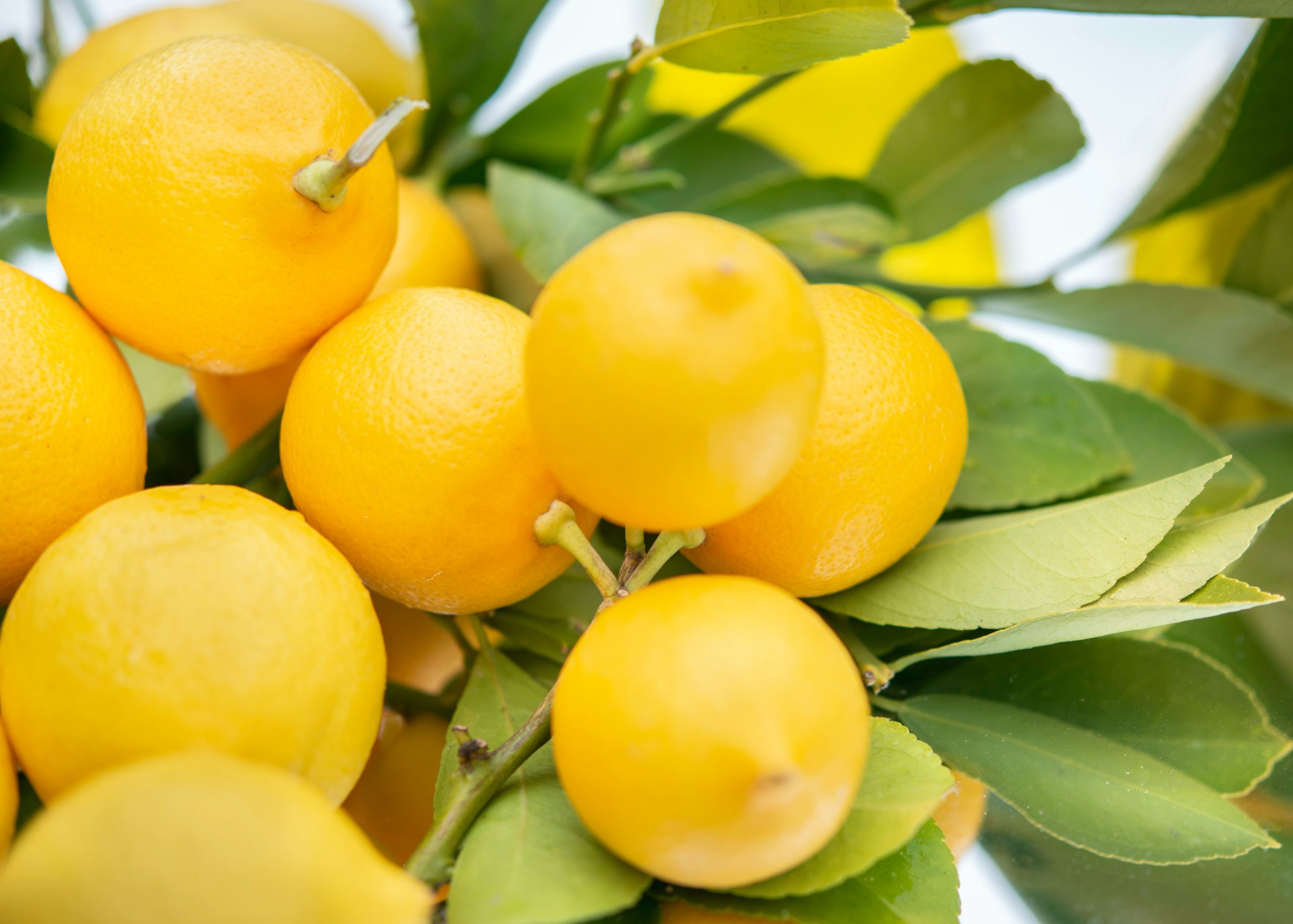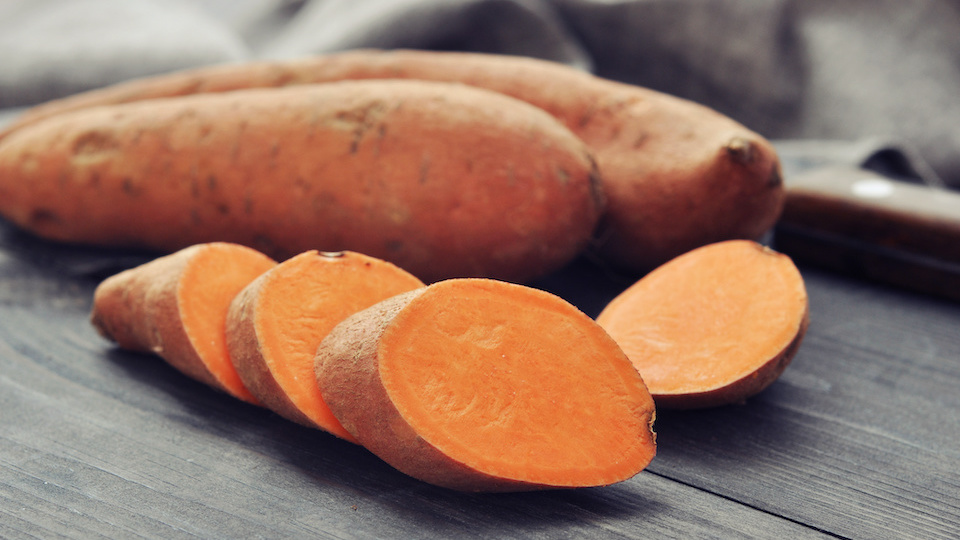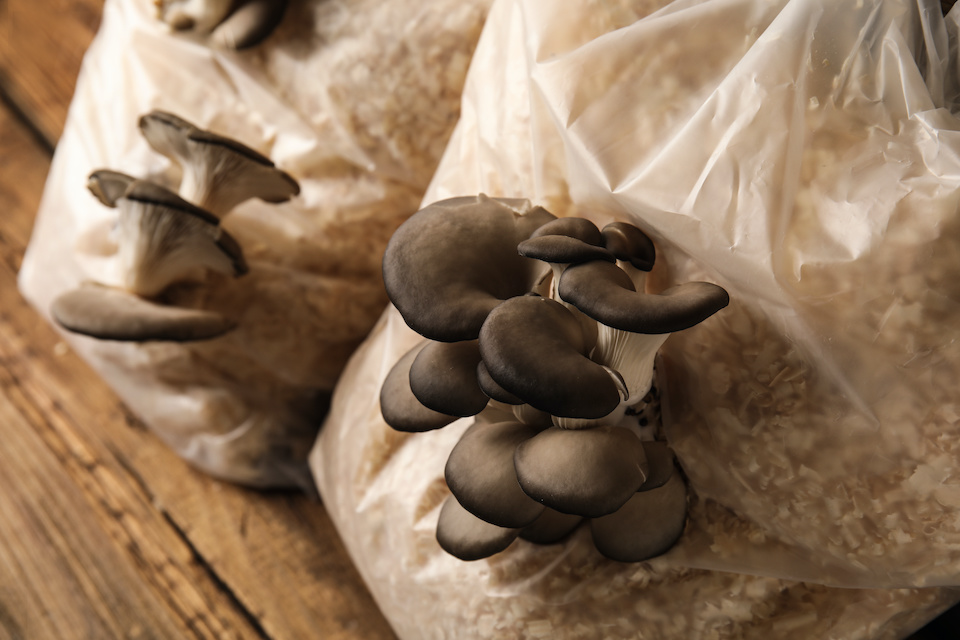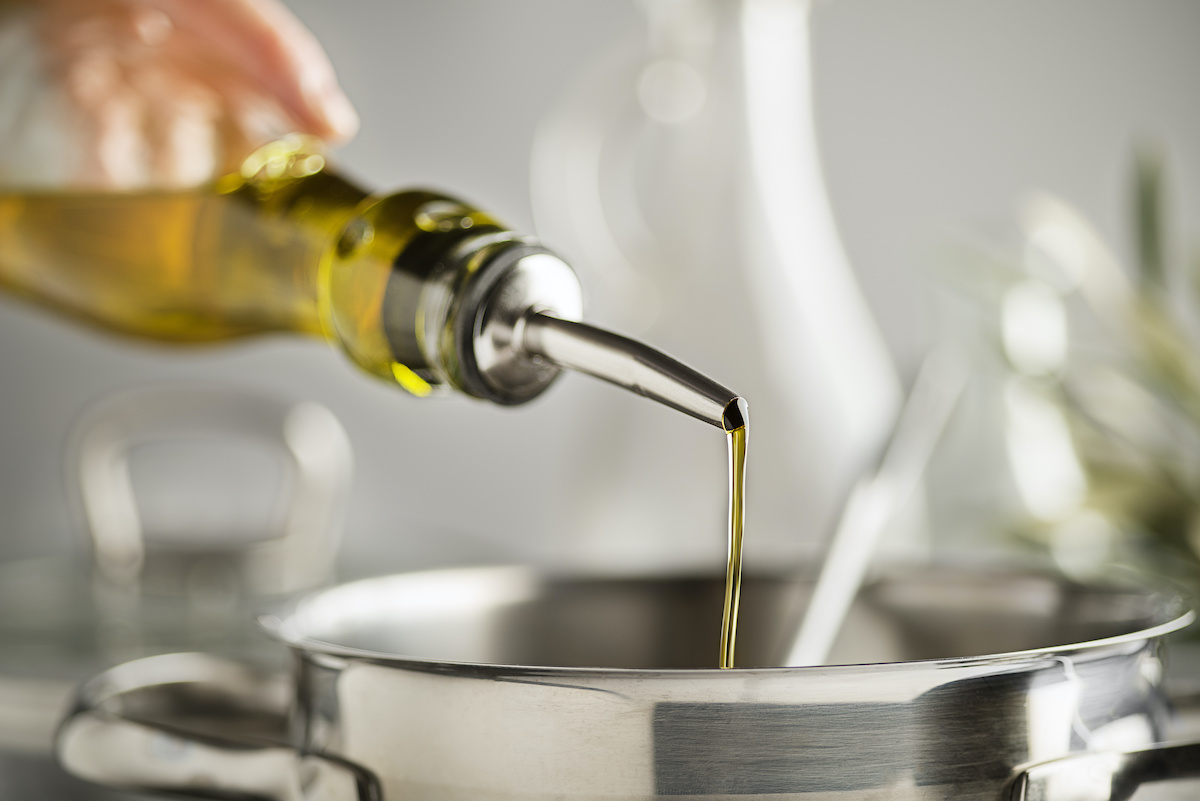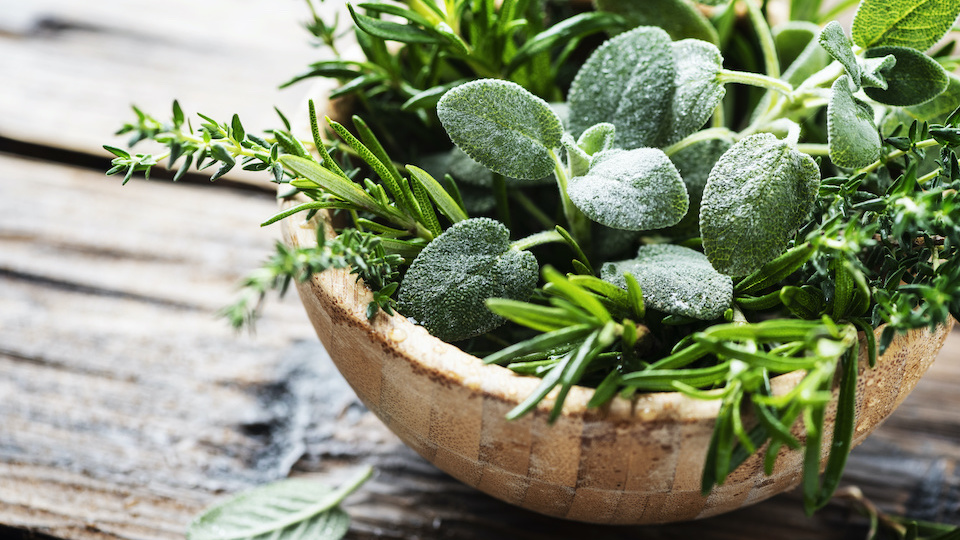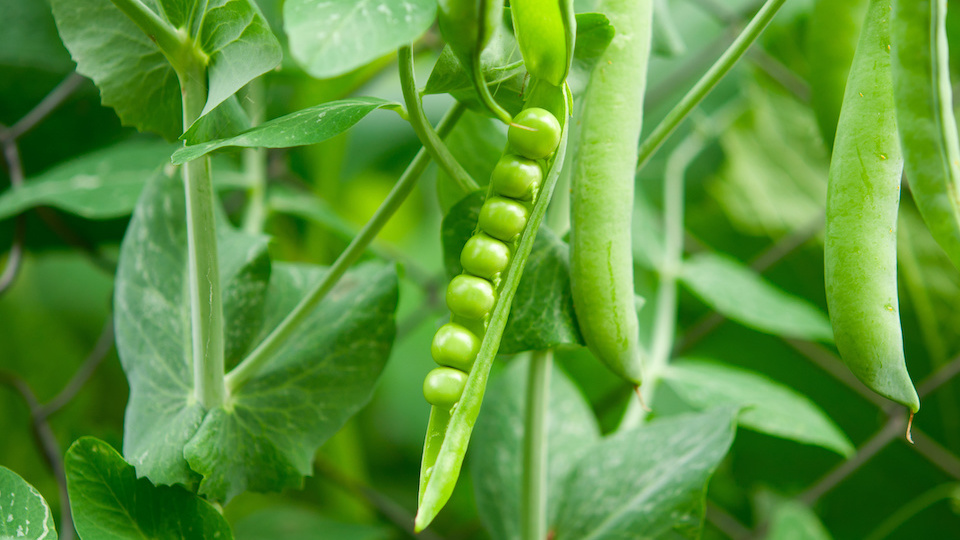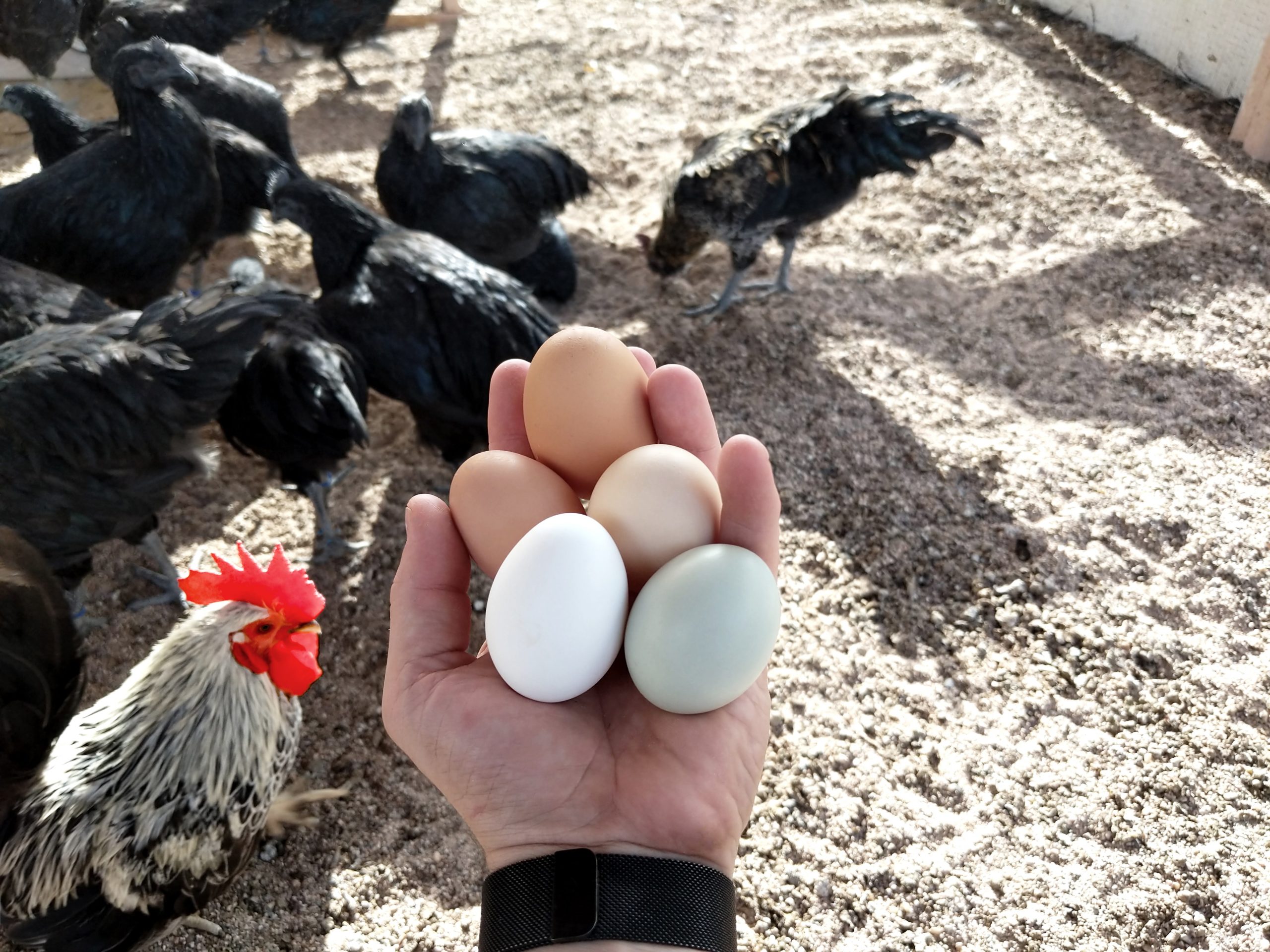Banish Armpit Bacteria and Odor with Lemons: It Works
I love to grow all citrus fruits, including lemons. Lemon trees are so cheerful, and the fruit that they bear is incredibly useful. Fresh lemonade, lemon pie, lemon water spritzers, lemon cookies, lemon cleaning products, and even lemon deodorant! That’s right; when I discovered that lemons could naturally keep me smelling fresh all day long, it was a game-changer. I developed an even greater respect for the little yellow fruit. Let’s take a closer look at how lemons can rescue your stinky pits.


